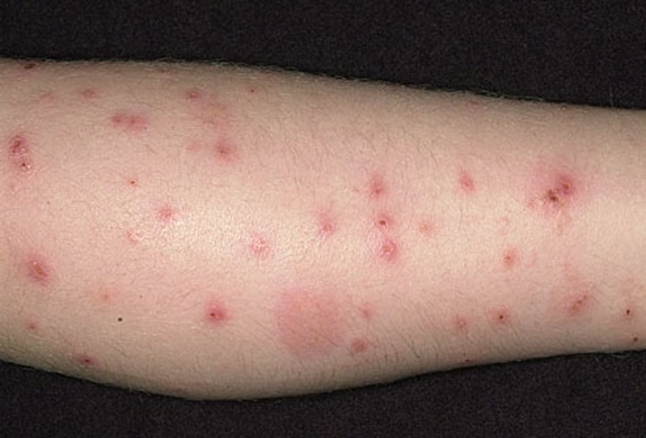You’re minding your business with your furry friend either hiking or enjoying a day out in your yard when you spot something. It looks like it is making itself at home on you or your furry friend and you panic wondering if it was a flea or a tick. Let’s look in this article at how to tell fleas and ticks apart.
Size

The first difference we will look at in determining whether it is a flea, or a tick is the size. Ticks are often larger in size than fleas. A flea can be mistaken for dirt while a tick is the shape of a teardrop and has a larger stomach after it has fed on a host. If the insect you spotted is larger than a spec of dirt it is likely a tick that you are dealing with.
Meal Preference
A tick is far less picky than a flea when it comes to deciding on what host to feed on. Fleas will utilize a human as a host only if no other options are available. A tick, however, will latch on to a human if the opportunity presents itself and can gorge itself for days. This makes ticks more likely culprit to be on you than a flea but is still possible.
Where do They Live
Fleas like to make their home in areas that have plenty of shade and lots of grass for them to hide in. They like longer grass typically because it helps hide them from predators making it easier to latch on and feed. Ticks on the other hand have a disadvantage to the flea as they cannot jump or fly. This makes it so they need to be closer to their potential host. They can be found in woods, grass, or even near bird’s nests waiting on a host.
Their Bites
The next difference that we will look at are the bites of each. When a flea finds a host, it injects their saliva into the skin. This causes reactions such as being itchy, small scabs, irritation, red skin, and even dermatitis. Tick bites, however, can be painless and the symptoms you get from them may not show up until the tick has finished feeding. You may see a rash, swelling, sore muscles, headaches, or even fever. If you get any signs of an allergic reaction from either a flea or tick, you should reach out to a medical professional.

Treatment and Prevention
If you notice you have a flea or tick bite you should thoroughly clean the area with soap and water and keep an eye out for infection. Also if it appears that your bites are becoming infected or experience severe reactions such as swelling, or feelings of your throat closing get medical attention immediately. If you are looking for preventative measures you can use insect repellents, wear long clothing making access more difficult, and thoroughly check yourself and your pet after any time spent outdoors. You can also look at flea preventatives for your dog and these can be discussed with a veterinarian